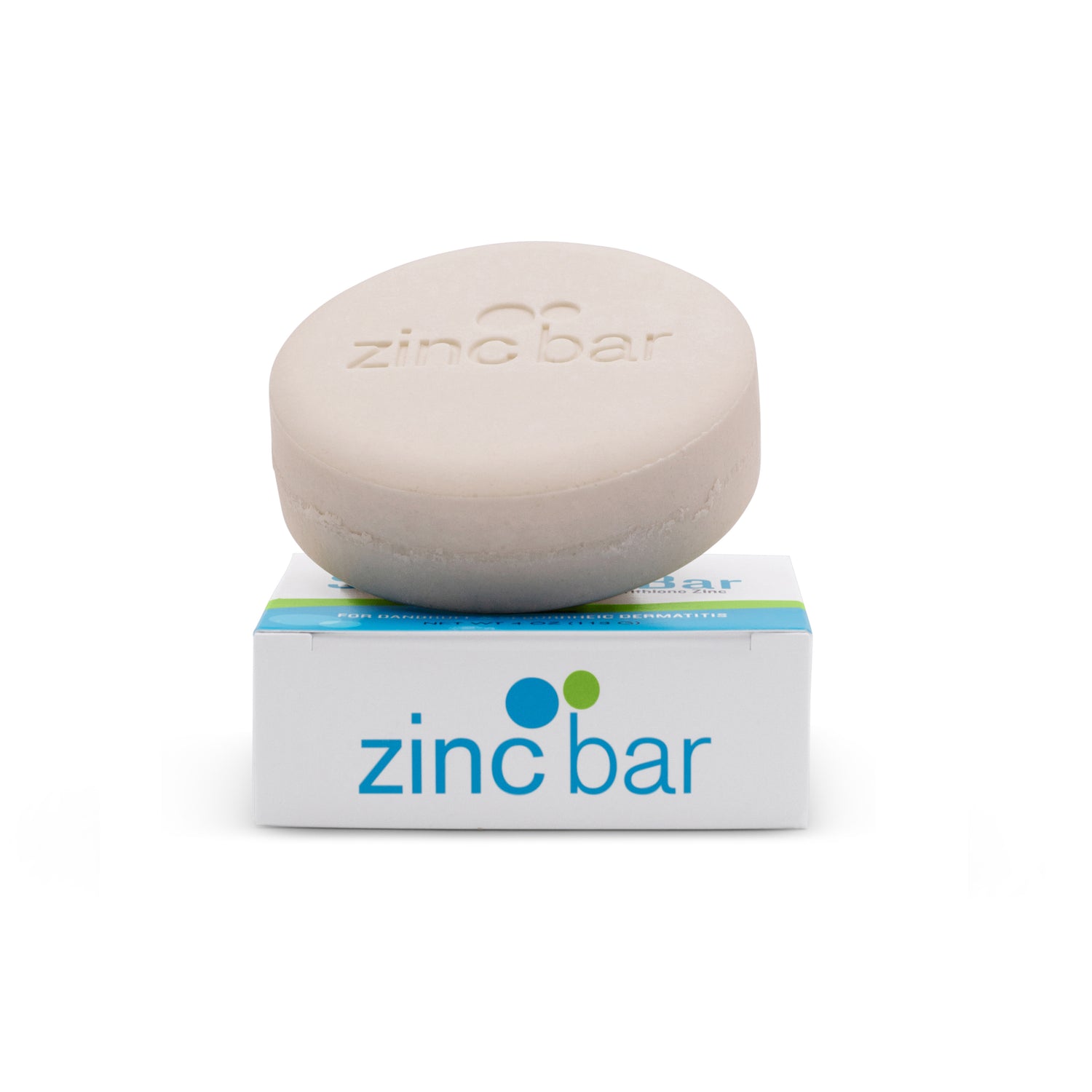Macronutrients & Micronutrients
Macro-nutrients: The body's energy supply
When one talks about a normal metabolic rate—being, on average, 25 to 30 kilocalories per kilogram of body weight per day (25-30 kcal/kg/d)—one is describing an average person's energy requirement: the energy necessary for cell function, muscle function, tissue repair. Macronutrients supply the energy, measured in calories, in this description: 55% to 60% from carbohydrates, 25% to 30% from fats, and 5% to 10% from proteins.
In normal metabolism, proteins provide little of the energy used by the system, but rather the raw materials for protein synthesis that takes place in cell and muscle function and in tissue repair. Calories from carbohydrates that are above and beyond metabolic needs are stored as fats that can be called upon when the energy requirements of the body mandate. Exercise is an integral component of a healthy metabolism to prevent the storage of excess fats, as well as provide healthy stressors that beneficially challenge many parts of the overall system. A proper balance of macronutrients is necessary in a healthful diet, to provide the energy and raw materials the body requires to function optimally.
Macronutrients, in the presence of adequate oxygen (to assist in energy production), micronutrients, and water, enter the metabolic pathways under the direction of hormonal signals. Hormones are, in essence, messengers that regulate both anabolic processes, those involved in growth and repair, as well as catabolic processes that break down components and tissues in the course of normal metabolic processes. Hormones are themselves derived from proteins and/or fats, and can include carbohydrate side chains conferring a variety of functionalities.
Micro-nutrients: Cofactors to energy production and protein synthesis
A variety of micronutrients are required in a healthy diet, as they act as cofactors integral to the enzymes involved in cell functions like DNA and protein synthesis, cell proliferation, immunity, and anti-oxidation processes. Zinc, for instance, is a cofactor for RNA and DNA polymerase, and involved in DNA synthesis. Zinc is a critical cofactor in matrix metalloproteinase (active in wound repair); aids in immune function and collagen synthesis; as well as stimulates epithelial (skin and membrane tissue) repair and growth.
Other micronutrients include vitamins A, C, and E, with the B-complex vitamins: thiamine, riboflavin, niacin, B6, and folate. Necessary micronutrients also include trace elements copper (for maintaining homeostasis and collagen-elastin crosslinking); selenium (cofactor in fat metabolism and key anti-oxidation functions); and manganese (cofactor to enzymes in the Krebs cycle and protein metabolism); and of course iron, a crucial component of red blood cells; and calcium for teeth and bone health. These are a few of the critical nutrients a healthy diet must provide.
Having considered the key metabolic requirements of a healthy diet, let's look at how those requirements are achieved by someone following a vegetarian diet.
Radiant skin begins with your diet!
You may be surprised to learn that what you eat can dramatically affect the condition of your skin. Perhaps you remember a friend or family member warning you about chocolate or french fries causing acne back in high school, and dismissed it as myth. In fact, they weren't that far off-base with their warnings!
Vitamin D-3 and the Skin
Although there is currently no proven cure for psoriasis, recent research indicates there are numerous health benefits to vitamin D supplementation, supporting relief from many inflammatory ailments and medical conditions. We believe this includes psoriasis!
Candida
If you were able to gather up all the bacteria in your digestive system, researchers estimate the total would weigh about four pounds! Under ideal circumstances these bacteria live in our intestines, quietly performing many functions that aid in digestion and benefit the overall health of the body.

